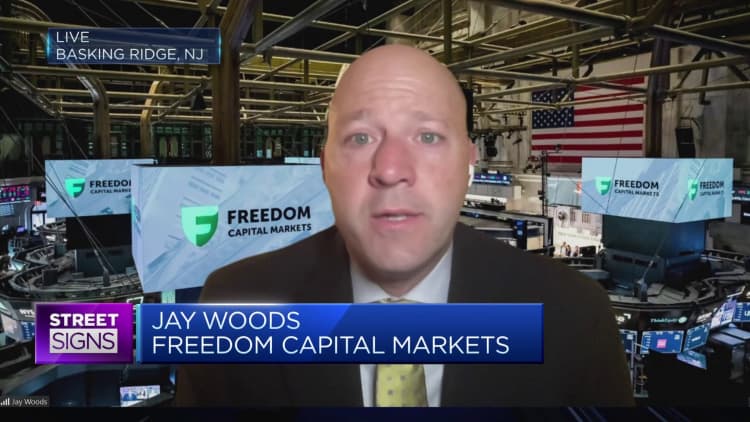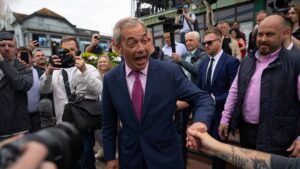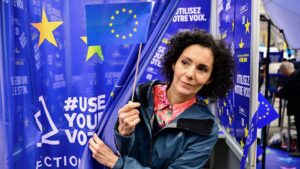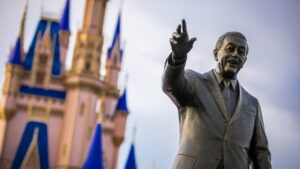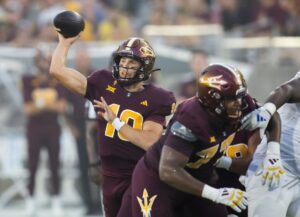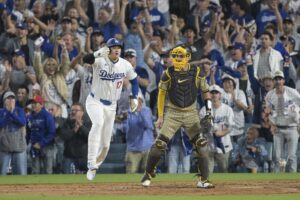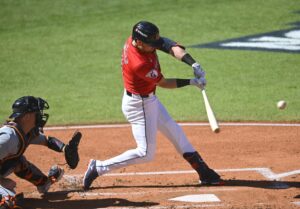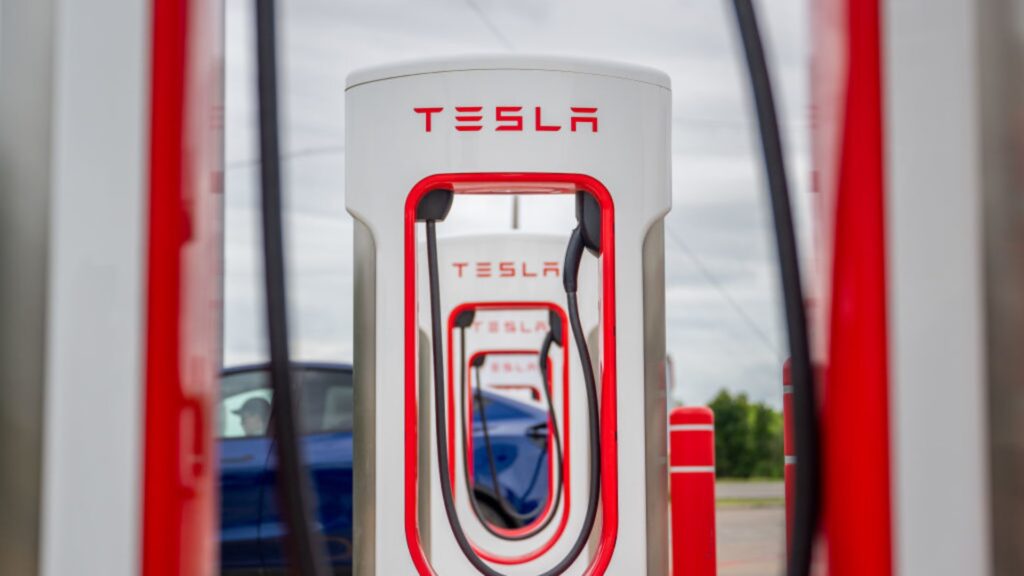
Tesla Supercharger stations near a Circle K gas station in Austin, Texas, on April 23, 2024.
Brandon Bell | Getty Images
Tesla shares fell nearly 6% on Tuesday following news that CEO Elon Musk was pressing ahead with more job cuts at Tesla, impacting an estimated 500 employees in its Supercharger team.
The stock closed at $183.28 and is now down 26% for the year.
According to The Information, Musk sent an email to managers at Tesla overnight announcing the departure of key executives, including Senior Director of EV Charging Rebecca Tinucci, and Director of Vehicle Programs Daniel Ho. In the email, Musk also expressed consternation that Tesla management hadn’t thinned out the company’s staff more promptly at his direction.
Several employees whose roles were cut and one person who is still working at Tesla in California confirmed with CNBC the details of the ongoing reorganization, asking to remain unnamed to discuss sensitive issues. Other laid-off Tesla employees posted publicly about Tesla shrinking the Supercharger team.
In cutting that group, Tesla revealed it’s throttling the expansion of its Supercharger network in the U.S. The move comes after Tesla struck partnerships with Ford, GM and other industry players ensuring they would manufacture cars using the Tesla NACS (North American Charging Standard) for compatibility with Tesla charging stations, and allowing those companies’ customers to use Tesla stations.
The layoffs now underway are part of a massive cost-cutting measure by Tesla following a 9% drop in revenue in the first quarter this year, the steepest year-over-year decline since 2012. Profits were cut in half during the first three months of 2024 as Tesla discounted cars and issued incentives to spur demand.
Current and former employees told CNBC that Tesla began laying off some employees as early as January, with the broader cuts picking up this month. They said some colleagues who thought their jobs were safe received termination notices on Friday and Tuesday.
Tesla gave no warning to investors about a pullback in plans to build out charging infrastructure. Nor did the company give a heads up to some charging network partners, including small and medium-sized businesses that install and maintain EV charging equipment for Tesla at key locations around the United States.
Andres Pinter, co-CEO of Supercharger network contractor Bullet EV, told CNBC, “My team woke up to a sharp kick in the pants this morning. Emails we sent to twenty or so different charger construction contacts were bounced with the same autoreply reading, ‘This email address is no longer valid. Any future emails sent to this address will not be received.'”
Pinter said he thinks “It will take years for the other charger networks to catch up,” but Tesla abandoning a near-term plan to expand aggressively in the U.S. leaves room for other players.
Musk wrote on X that “Tesla still plans to grow the Supercharger network, just at a slower pace for new locations and more focus on 100% uptime and expansion of existing locations.”
Tesla makes money from environmental credits and fees for charging sessions, and already operates about one in three public, electric vehicle charging stations in the U.S.
Transportation has been responsible for 25% of carbon emissions from human activity globally, according to estimates by the non-profit International Council on Clean Transportation. While Musk has more recently talked up AI initiatives at Tesla, and its quest to develop self-driving technology, the company reiterated in its annual report out this week that its mission is to “accelerate the world’s transition to sustainable energy.”.
The decline in Tesla’s stock on Tuesday followed a 15% rally on Monday, the best trading day of the year. The rally came after news reports said a visit by Musk to China had yielded an important deal with Baidu for mapping tech that could power future self-driving software in the country for Tesla.
Tesla has long promised but has not yet delivered autonomous vehicles.
In a note to investors out this week, JL Warren Capital founder Junheng Li wrote that there are too many “missing critical details,” to justify the gains on Monday. “We believe that the take rate and incremental revenue from the localized FSD– assuming the similar level of autonomous as TSLA’s latest v12 – will be significantly lower in China than in the US.”
Xpeng, Nio and other EV makers currently offer level 2 systems that are given away to buyers as an incentive in China.
WATCH: Tesla’s tentative autonomous driving deal in China is not enough to make it ‘magnificent’ yet
